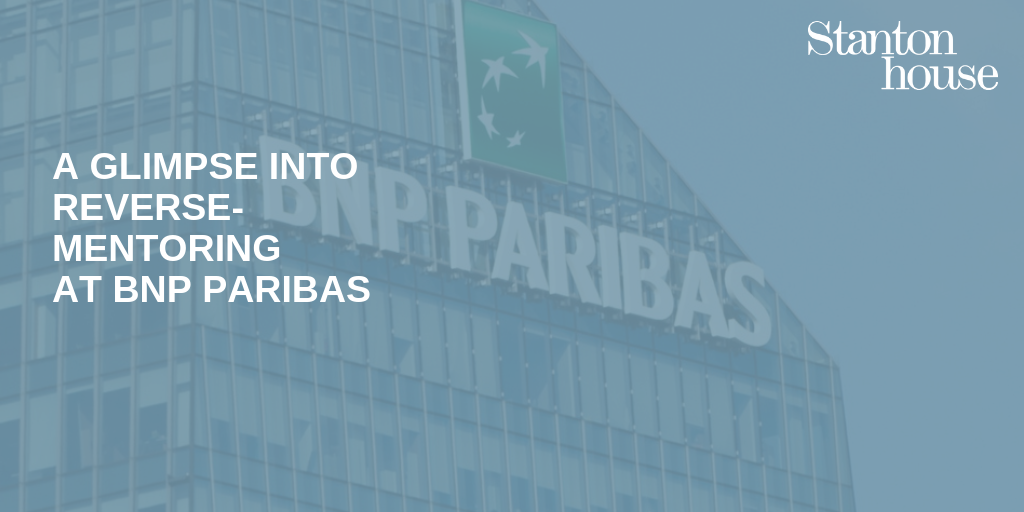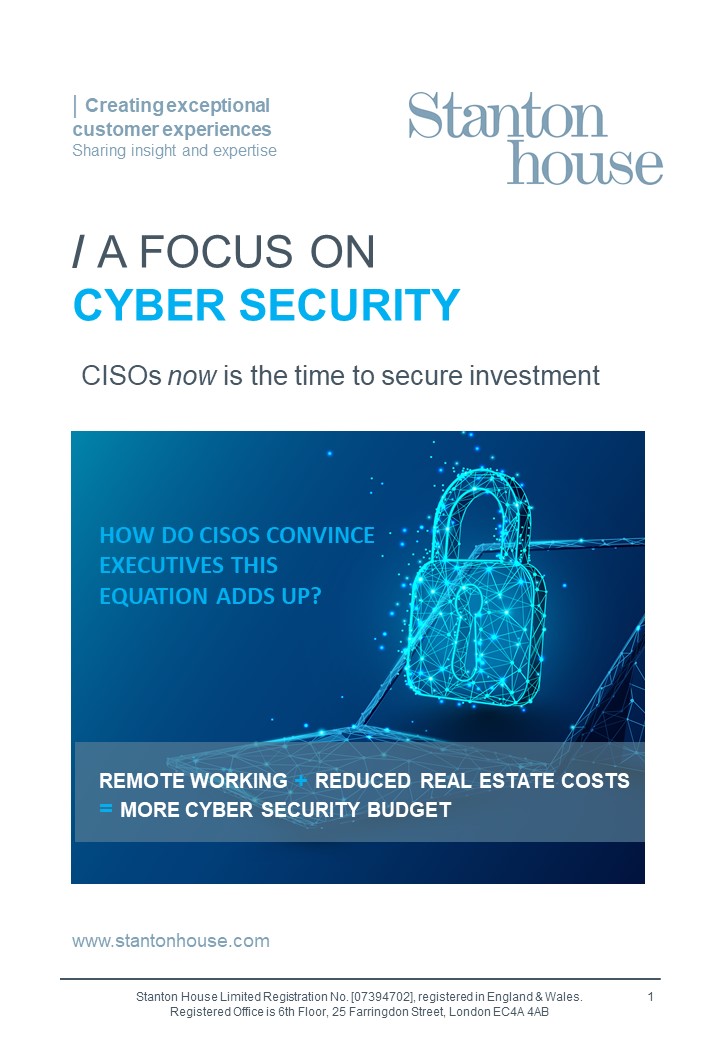
This blog was posted by Guest Blog
Creating Exceptional Experiences

Posting date:
01 Jul 2019

Célisiane Rosius was the Project Manager at BNP Paribas Personal Finance and responsible for their global reverse-mentoring programme. She is an expert in digital transformation and held responsibility for developing the digital skill-sets of 24,000 employees around the world.
BNP Paribas Personal Finance launched its Digital Reverse-Mentoring Programme in September 2017 which sees millennial staff teach senior and c-suite colleagues how to embrace the digital world. The programme was created by Celisiane, whose primary focus is to digitally transform the workforce. This scheme allows for the transfer of knowledge between three working generations.
BNP Paribas Personal Finance launched a reverse-mentoring pilot for the Executive Committee in 2014 but it ended quite quickly so when I was asked to start the programme again I made sure I asked everyone for their feedback on the previous experience, we took that information and created a whole new programme.
We had a bigger population and had asked all of our high potential staff to take part. We had 30 volunteers to start with and they helped us grow the scheme into what it is today – 110 trained mentors in 18 countries and 140 managers have been mentored.
I created five modules for the relationship to follow including how to manage your identity online, how to increase influence online, the future of digital and the way the digital world is changing work inside of BNP Paribas Personal Finance.
I then asked everyone that was interested in the programme to take an online test which would help us match mentors to mentees. The mentor would then select three of the modules to teach the mentee followed by a final feedback session. The relationship is completely confidential, I don’t have any idea as to what they say but what I did find out; from my own experience as a mentor, was that it wasn’t purely about the transfer of digital knowledge. It was and remains to be about behavioural skillsets too.
Mentors have to apply online and have to be willing to partake in the relationship for six months and respect that it is private and confidential. You have to be compatible with technical skills, social network and be under 40. You have to speak at least one common language with your mentee and be aware that it is volunteering.
You need to donate your time outside of your working hours and it can add up a full day in the six-month relationship.
As part of their application, mentors have to take an online test which has a minimum pass mark and if successful, they will be invited to an enrolling session. We have a lot of IT people who actually fail the test as it’s about social networks, online influence and leadership as much as it is about digital skills. We then offer a full training programme which includes an education of the modules, an introduction to mentoring and a coaching session on soft skills.
It is very important to build soft skills as you will be communicating with some of the most senior people in the company.
Both participants remain committed to their signed confidential waiver and at the end of the relationship they can continue to mentor one another or shake hands and say goodbye. Mentors can go on to mentor another mentee in the company, 1 in 2 decide to start again so now I have mentors who have already had three of four mentees before them.Sometimes the mentor has more to gain than the mentee because they can network with people they wouldn’t usually have access to. Reverse-mentoring provides a huge opportunity to have direct access to senior colleagues you wouldn’t otherwise get the chance to work with.
Using myself as an example, I’m 28 years old and have been working here for just over a year yet I am the digital mentor of the CEO. This is a huge opportunity for everyone taking part.
For full access to our interview with Célisiane and the rest of our reverse-mentoring white paper, please follow the link below.
Similar blogs

Insight papers
We take great pride in being able to share expert knowledge and having an opinion on the topics that will impact your hiring success or professional career.
Explore and download our recent insight papers.



